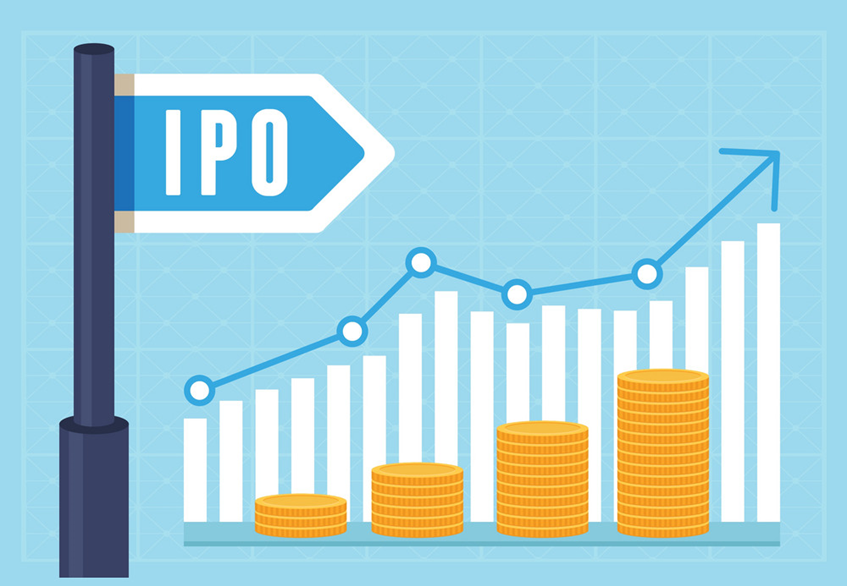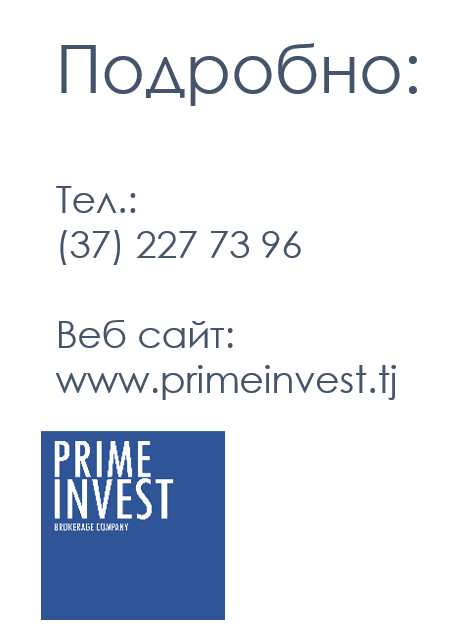Should you consider investing in an IPO?

Should you consider investing in an IPO?
Initial public offerings (also known as IPOs) are an offering of shares made to institutional investors and the public by companies who seek to raise money for business expansion and growth. Such companies are usually up-and-coming and are growing rapidly, but face a shortage of funds as they may not have a sturdy-enough balance sheet to enable them to borrow from banks at low interest rates. The stock market is thus a viable avenue for companies to raise funds.
For a company to undertake an IPO, it will need to produce a thick document called a prospectus to inform all potential investors of the characteristics and risks of the business. Once listed, a company will need to adhere to the rules and regulations of the relevant stock exchange.
So do IPOs count as good investments? Let’s explore.
First, let us look into the mechanics and background behind an IPO. There are usually several rounds of fund-raising going on “behind the scenes” before a company actually gets listed on an exchange. The company would approach private investors (usually high net worth individuals) or venture capitalists to fund their growth in the initial stages. Such investors would either grant the company a shareholders’ loan (at a high interest rate to compensate them for the risks) or be allocated some shares in the company at low prices (ownership is offered to entice them to invest at early stage so that they can enjoy the growth). The shares may then be transacted privately between individuals or corporations, often at higher prices than what the initial investors paid for.
As a result of the transactions, the company gets accorded a higher value as more cash gets pumped into it and more investors provide the backing and support. The early investors are known as pre-IPO investors and they are the ones who can buy the shares very cheaply. The cornerstone investors would be the ones who either buy the shares from pre-IPO investors or are allotted more shares at higher valuations (as the company has now grown in size and stature). Most IPOs have lock-up requirements such that both these pre-IPO investors (those who are still holding on to their initial stake) and cornerstone investors are not allowed to sell their shares within six to twelve months after the company goes public.
When the company signals its intention to go public, a range for its IPO price is then determined. This depends on the level of demand from both institutions and the public. If there is strong demand for the IPO, then it may be priced very highly in terms of the company’s valuation.
Hence, from the above, one can observe that the general public is the last to join the party when it comes to an IPO, and may end up buying shares at expensive, pumped-up valuations. To be fair, not all IPOs are expensive, but the majority of them may not represent good, prudent investments as there is a lot of promotion, marketing, and optimism priced-in in an IPO, so that the company can sell its shares at the best price to raise the most money for its expansion.
Source:
| Currency | Exchange rate | Change |
| USD | 9.3567 | 0.0011 |
| EUR | 11.1270 | 0.035 |
| RUB | 0.1224 | 0.0001 |
| CNY | 1.3462 | 0.0002 |

